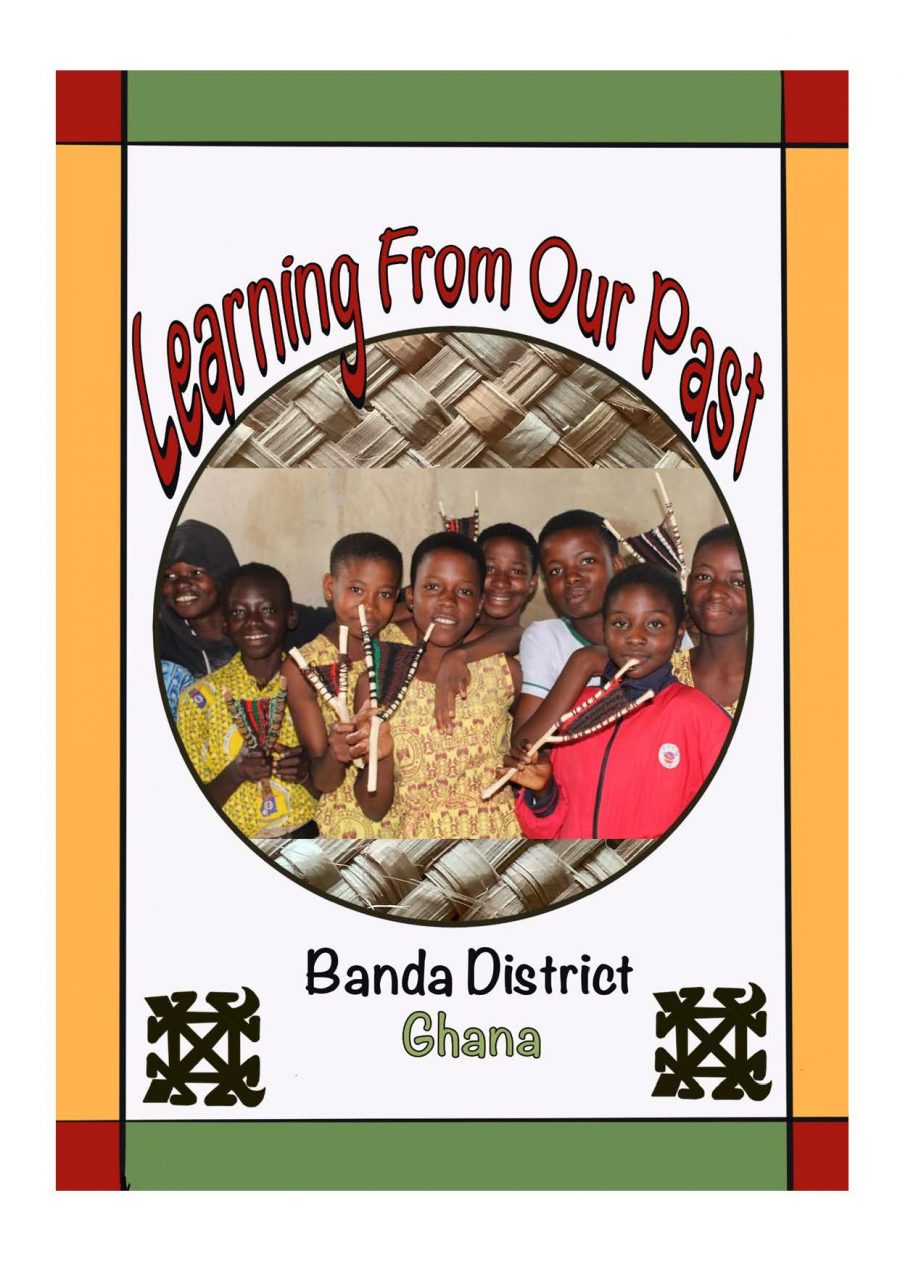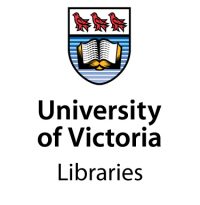Learning from our Past is a new release published by the University of Victoria Libraries ePublishing Services. It can be downloaded for free on UVicSpace
This middle school learning resource focuses on the history of livelihoods and lifeways in the Banda District of Ghana, West Africa. Today a rural district in west central Ghana, Banda has long been a crossroads of trade and a place where people from different backgrounds settled and formed communities. The fascinating history of how Banda area people interacted with neighbouring communities, responded to changing climate, and drew on local knowledge and resources to sustain their families comes from studying archaeology, oral histories and textual sources. Among the topics covered in this open-access resource are trade and the effects of global connections on rural life; the science and innovation behind local industries like potting and metallurgy; the role of weaving as a technology that transformed local materials into valued goods; and the range of ways in which people provided for their families through farming, fishing and hunting. The resource combines background information with suggested hands-on activities that support learning. The resource is available in English and in Nafaanra, which is one of several languages spoken in the Banda District.
Authors
Allison Balabuch is a PhD candidate in Curriculum and Instruction at the University of Victoria. She earned her degrees from the University of British Columbia – a Bachelor of Arts in International Relations and Political Science and a Bachelor of Education – and the University of Victoria – a Master of Arts in Curriculum and Instruction. She has been a French Immersion teacher for 25 years in British Columbia and England. Her teaching and research are centered on project-based learning, arts-based learning, land-based learning, and interdisciplinary studies in the classroom. Her current research is focused on community-based and interdisciplinary collaboration with the goal of improving and decolonizing educational systems and pedagogy.
Dr. Esther Attiogbe is a Senior Lecturer at the University of Professional Studies Accra. She holds a PhD in Adult Education and Human Resource Studies from the University of Ghana. She earned her Bachelor of Science in Administration and Master of Philosophy in Administration from the University of Ghana. Esther did her Post-Doctoral Fellowship with the University of Ghana in collaboration with the University of Victoria, Canada. She teaches at both graduate and undergraduate levels. Her research interests are in the areas of higher education management, adult learning and human resource management. Her teaching philosophy is underpinned by the concept of gameful learning where learners and instructors collaborate and interact to make the learning environment interesting, engaging and personalized. With a passion for educating the youth, she is involved in youth programmes in her community. She is an Associate Member of the Chartered Institute of Human Resource Management, Ghana.
Dr. Ann Stahl is a Professor in the University of Victoria’s Department of Anthropology who earned her M.A. in Archaeology from the University of Calgary (1978) and Ph.D. in Anthropology from the University of California, Berkeley (1985). She is an anthropological archaeologist whose long-term research has focused on how daily life in rural West Africa has been reshaped over centuries by involvement in global exchange networks. Funded by a Canadian Social Sciences and Humanities Research Council (SSHRC) Partnership Development Grant (“Improving African Futures Using Lessons from the Past,” 2018-2022), a recent project involved collaborations with partners in Ghana and the University of Victoria Libraries to develop sustainable and accessible digital heritage resources that help communities to sustain place-based relationships and foster knowledge revitalization (Banda Through Time). Her most recent work, supported by an SSHRC Connection grant, has involved collaborations with educators to enhance the role of heritage-based knowledge in classroom learning. She has held faculty positions at Binghamton University in New York (1988-2008) and University College London’s Institute of Archaeology (1985-1988) and her work has been funded over the years by the British Academy, the Wenner Gren Foundation for Anthropological Research, the National Geographic Society, the American Council of Learned Societies, and the U.S. National Science Foundation, and the British Museum’s Endangered Material Knowledge Programme. She is editor of a key text on African archaeology (African Archaeology. A Critical Introduction, 2005, Blackwell), co-editor with Andrew P. Roddick of a multidisciplinary collection, Knowledge in Motion. Constellations of Learning across Time and Place (2016, University of Arizona) and author of Making History in Banda. Anthropological Visions of Africa’s Past (2001, Cambridge University Press). Her most recent book, Archaeology. Why It Matters was published by Polity Press (2023). She is the 2020 recipient of the University of Victoria’s REACH Award for Excellence in Knowledge Mobilization and a Faculty of Social Sciences Lansdowne Distinguished Fellow (2020-2023).
Translator – English to Nafaanra
Mr. Sampson Attah is a resident of Banda-Ahenkro, Banda District, Bono Region, Ghana. He is a member of the community-based Banda Heritage Initiative and a long-time contributor to work of the Banda Research Project (1986-2011), which studied the archaeology and history of Banda’s global connections. From the mid 1980s to the early 2000s, Mr. Attah worked as a Ghana Institute of Linguistics, Literacy and Bible Translation (GILLBT) translator and he is a strong promoter of indigenous language literacy and revitalization of Nafaanra, which is among Ghana’s at-risk minority languages.

